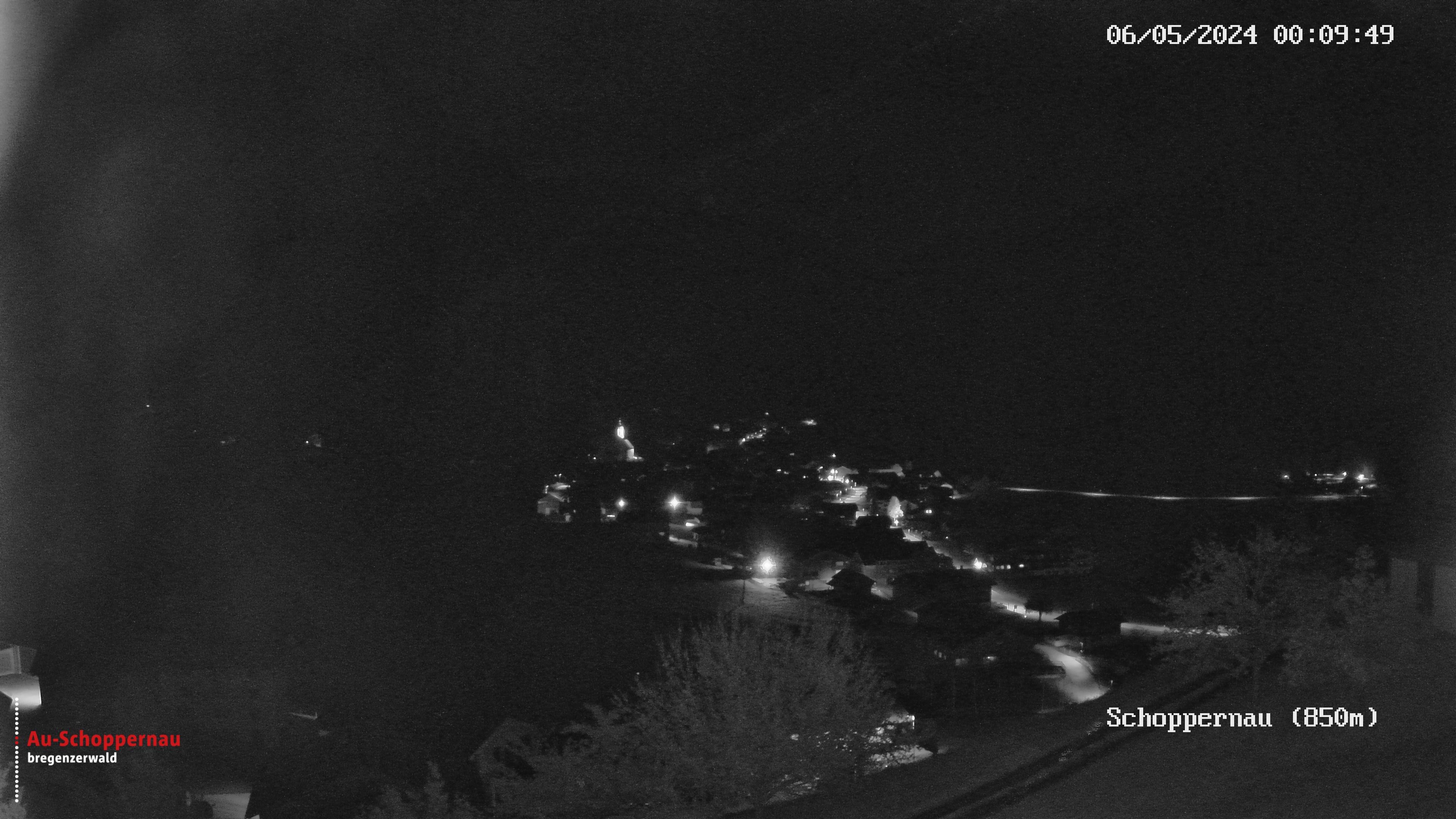Dietmar Dorn became a paraplegic as the result of a motorcycle accident. Strapping himself to a mono ski, he pulled himself out of depression and became a World Champion. When not on the slopes, he also challenges himself with basketball, the handbike, cross-country skiing and Swiss-truck excursions. Naturally, he also works hard and has a family.
When fog carpets the valley and temperatures in Schoppernau are south of minus 16 C and hovering around zero at Diedamskopf, the lifts transport people, snowboards, paragliders, sledges, prams and even food into the sun high above. One notices many things near the mountain station, from signs to nets and equipment, but a wheelchair really stands out. Has something happened to the wheelchair’s owner? Is this person perhaps unconscious somewhere in the snow? No way. Dietmar Dorn is carving tracks through the wintry landscape. Quick, full of power and athletic, he stops other skiers in their tracks and they stare at him with curious looks on their faces, questions on their mind, and mouths agape in disbelief. Who is this man, and why is he dressed for skiing? Lift personnel react professionally and slow down the chairlift, allowing him to perch himself and his monoski on board, a process that works on every lift around the world (even T-bars) and Dietmar has seen more of the world than most! For skiing alone, he has travelled to Chile, Italy, America, Japan, Russia, Korea and St. Moritz. Born in 1979, Dietmar Dorn grew up with two brothers and a sister in Riefensberg, a village in lower Bregenzerwald. His mother and father worked on the farm and Dietmar apprenticed as an electrician and works for LTW in Wolfurt. Growing up, he skied, snowboarded, played football and volleyball, did a bit of this and that.








